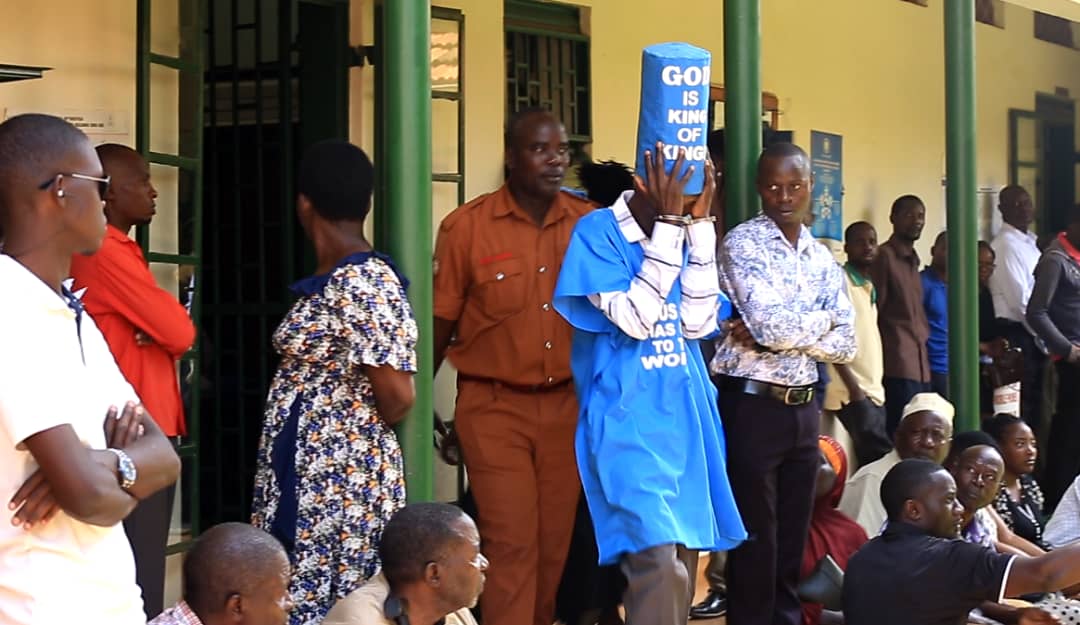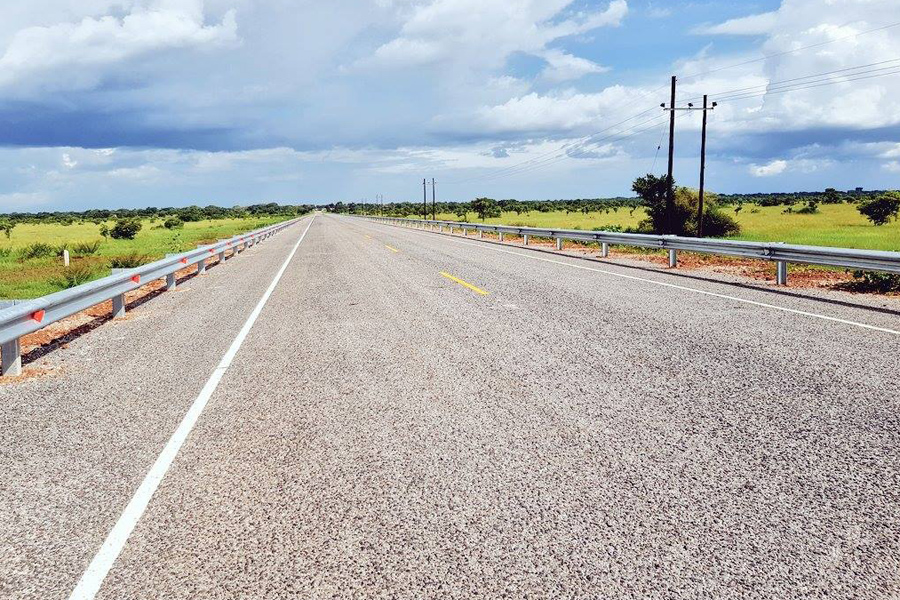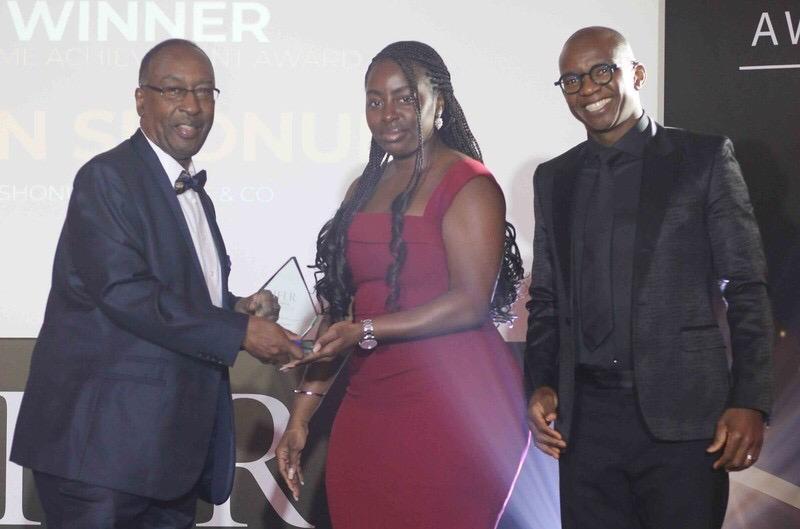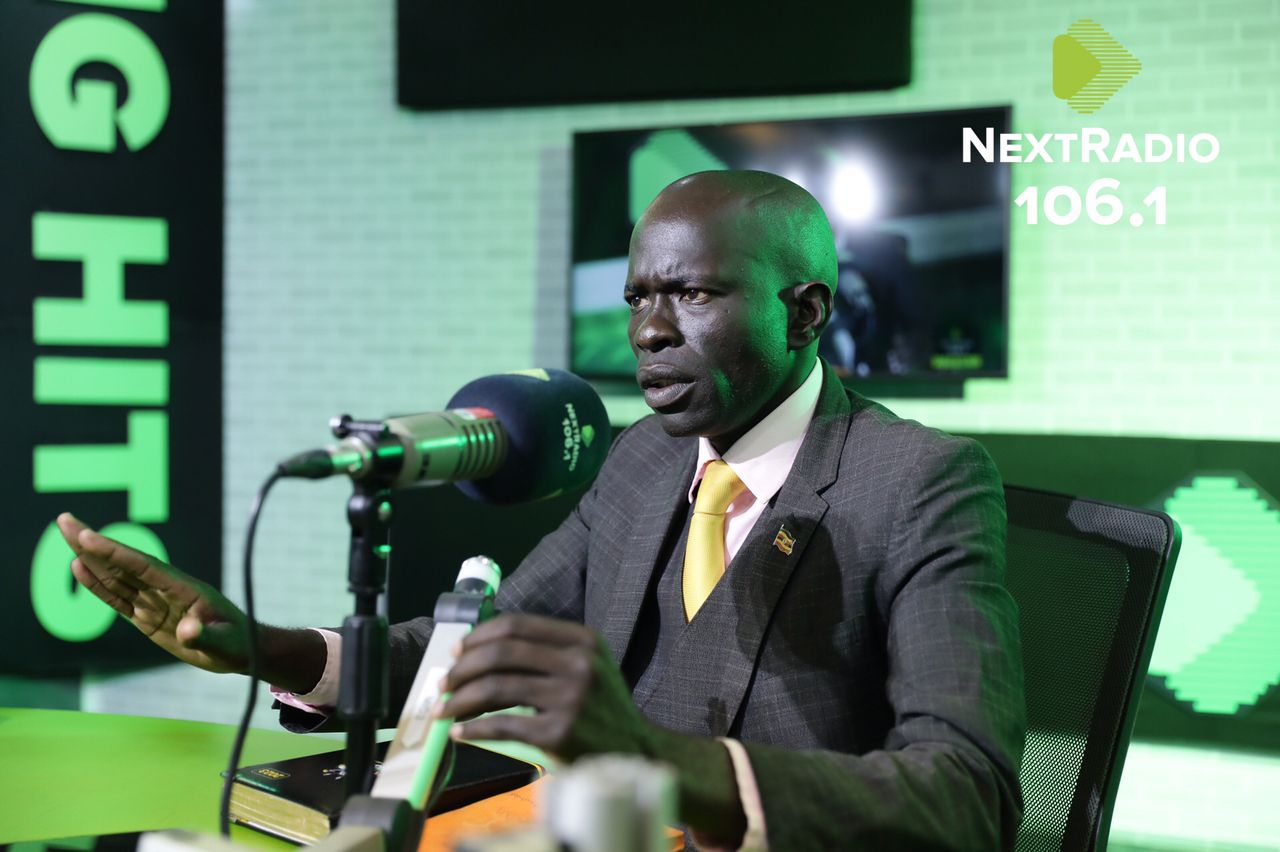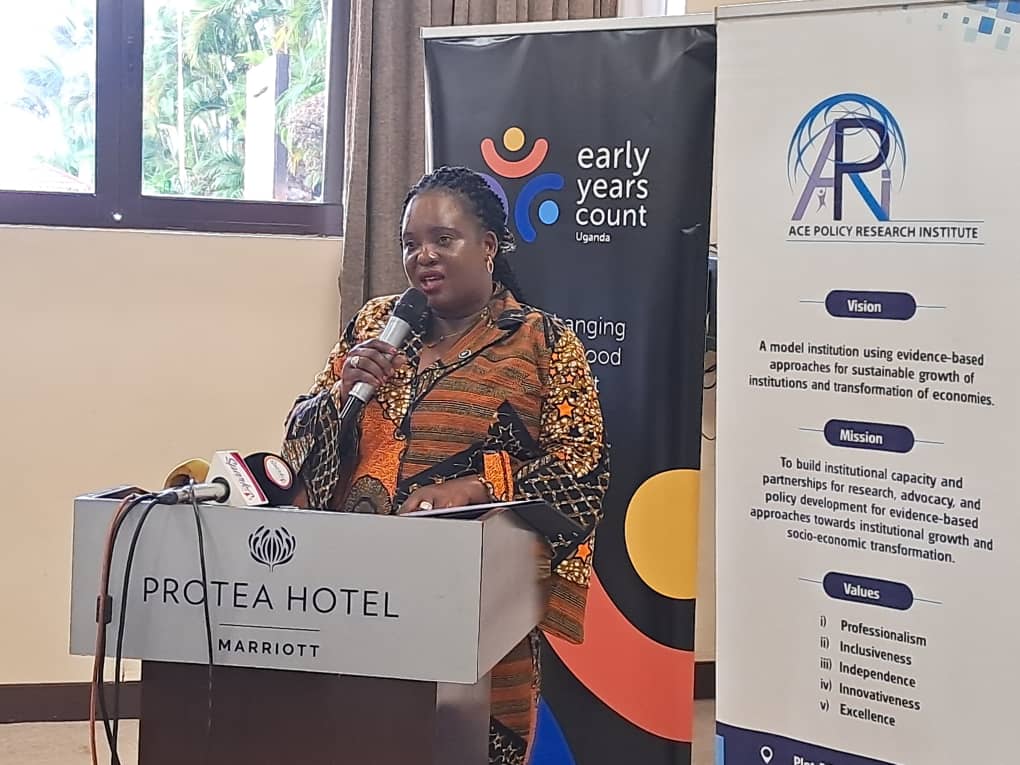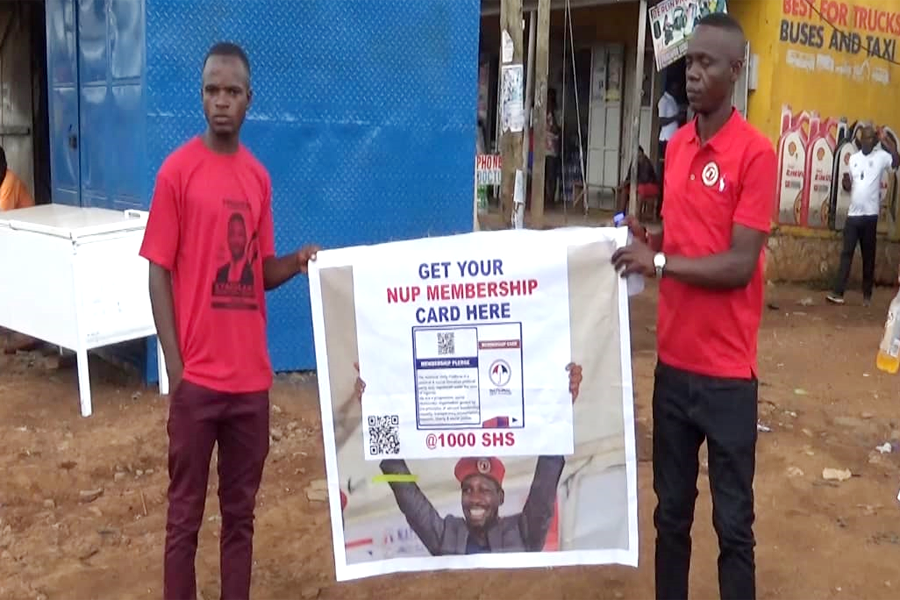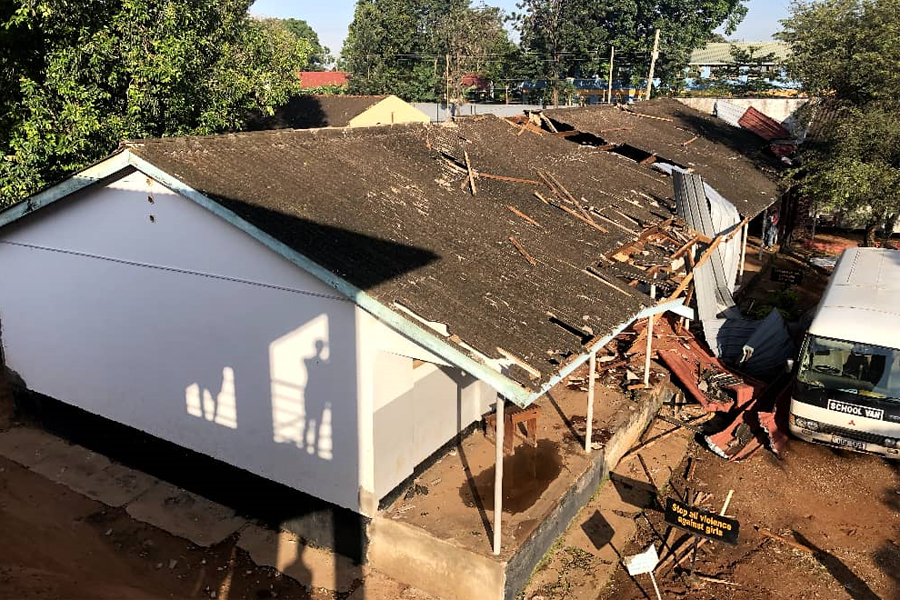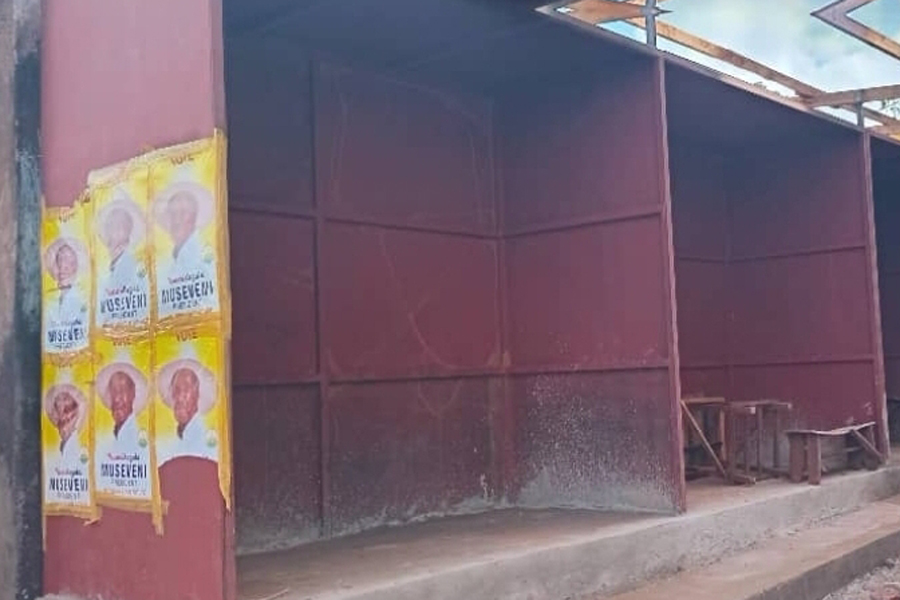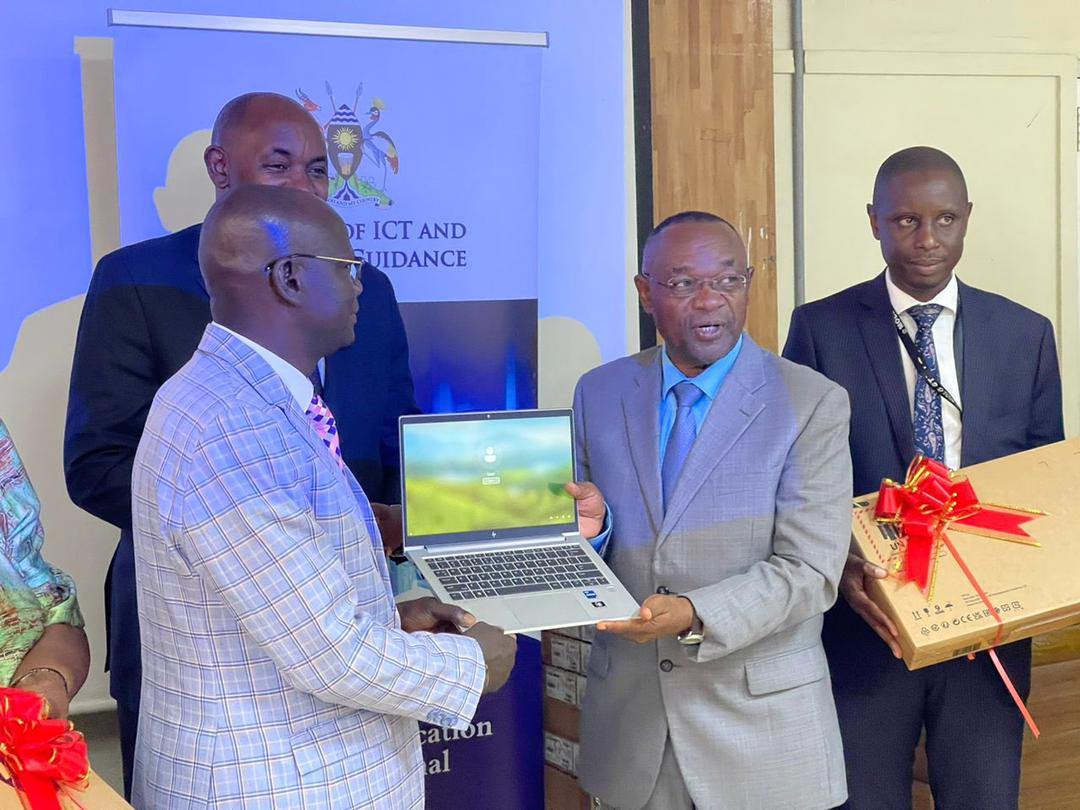FDC Struggles to Overcome Divisions and Reclaim Political Influence in Uganda
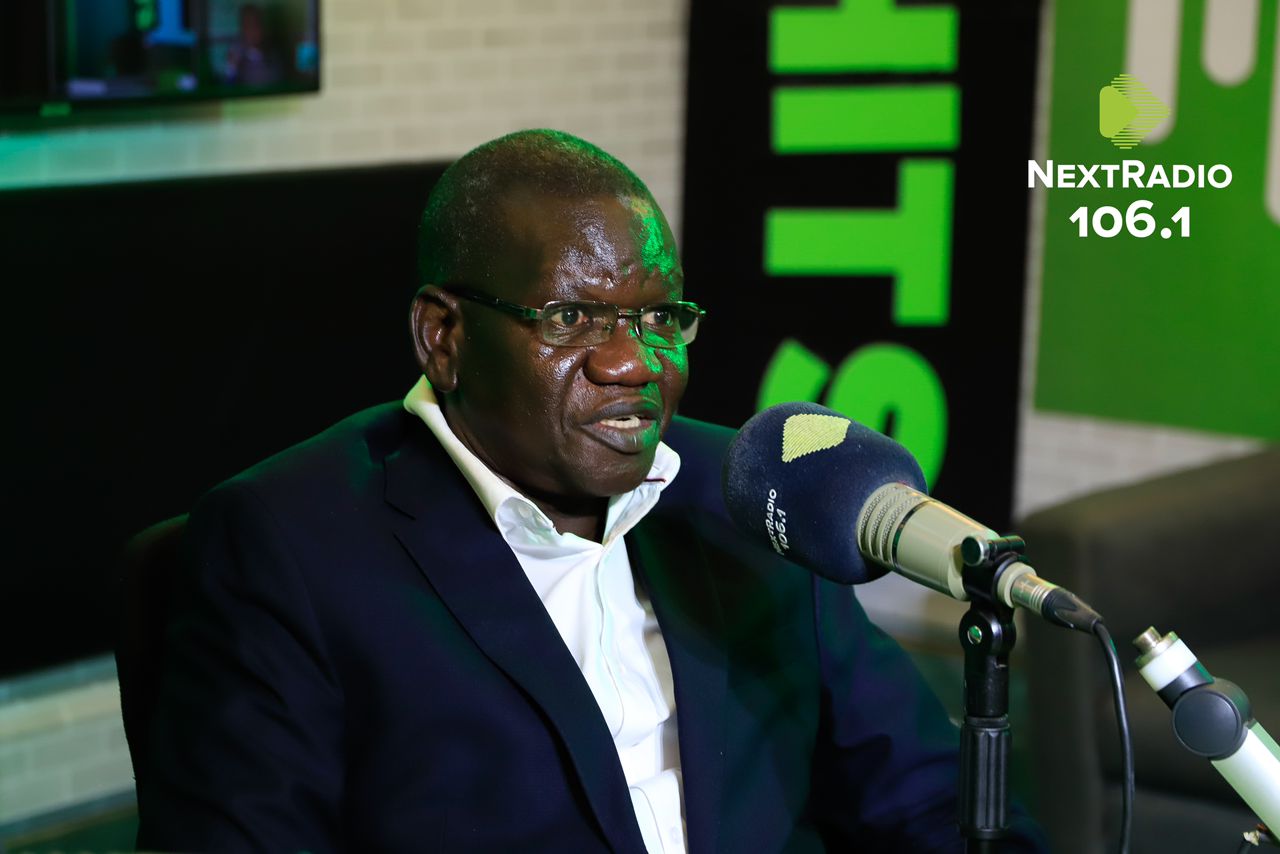
The Forum for Democratic Change (FDC) headquarters in Najjanankumbi has long been a symbol of opposition strength in Uganda's political landscape. However, recent developments within the party have raised questions about its ability to overcome internal divisions and regain its footing as a formidable political force in the country.
Founded in 2004 as a merger of several opposition parties, the FDC quickly emerged as a leading voice of dissent against the ruling government. With a platform centred on democracy, human rights, and social justice, the party gained significant support, particularly among Uganda's youth and urban populations. However, in recent years, internal rifts and leadership disputes have threatened to undermine the FDC's unity and effectiveness.
Keep Reading
Despite efforts to present a united front, the FDC has struggled to reconcile divergent factions within its ranks. Infighting over leadership positions, strategic direction, and ideological differences has eroded trust and cohesion within the party, hindering its ability to mobilize grassroots support and effectively challenge the ruling party's dominance.
Moreover, the FDC's failure to capitalize on opportunities for collaboration with other opposition groups has further weakened its position in Uganda's political landscape. While the party remains vocal in its criticism of government policies and actions, its inability to present a coherent and unified alternative vision has dampened enthusiasm among potential supporters.
Public opinion regarding the FDC's prospects varies widely, with some expressing disappointment at the party's inability to overcome internal divisions and capitalize on popular discontent with the ruling government. Many observers argue that unless the FDC can address its internal challenges and present a credible and united front, it risks losing relevance and influence in Uganda's political arena.
However, others remain hopeful that the FDC can overcome its current obstacles and regain its position as a leading opposition force. They point to the party's history of resilience and its deep roots within Uganda's political landscape as evidence of its potential to bounce back from setbacks and lead the country towards a more democratic and inclusive future.
As Uganda approaches the next phase of its political journey, the future of the FDC hangs in the balance. While the party continues to grapple with internal divisions and leadership struggles, its ability to overcome these challenges and reclaim its ground in Uganda's political space remains uncertain. Whether the FDC can rise to the occasion and once again emerge as a potent force for change or fade into irrelevance will likely depend on its ability to unite its disparate factions and articulate a compelling vision for Uganda's future.


